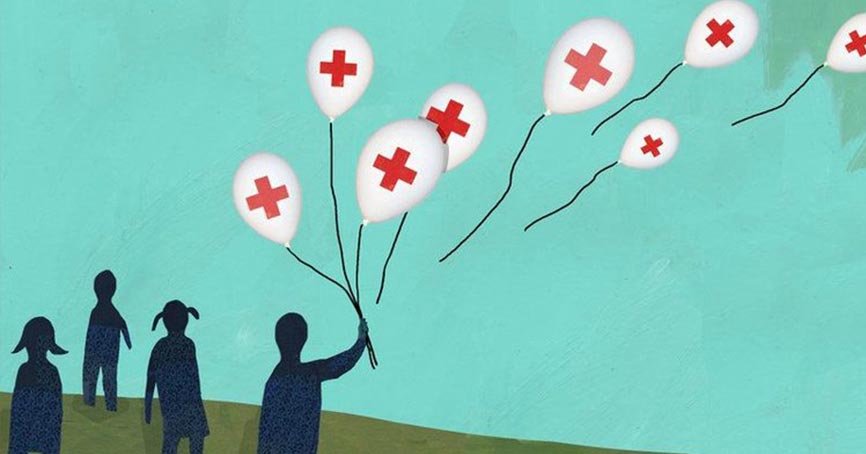Salt is one of the major essential ingredients that one cannot do without. It brings taste to our food. However, if not consumed in the right amount of excess salt intake can become the leading cause of many diseases.
Salt, whether consumed in excess or scarcity, is not good for the human body. It is the primary cause of diseases like high blood pressure and leading heart problems. In most processed foods, salt is an important component, present in alarming quantities.
The recommended intake of salt is five grams per day according to WHO. Regular foods are prepared with just the right amount. However, other processed foods like bakery products, pickles, chutneys, and sauces have an excess of salt.
Some of the major consequences of high salt intake in our daily diet are-
-
High Blood Pressure-
High blood pressure is a condition where the arteries have elevated blood pressure (the force of pushing blood against the arteries). With high blood pressure, it becomes hard for the heart to pump blood. High blood pressure is linked to some factors. However, salt is a major concern. Excess salt intake coupled with lack of exercise, stress, and obesity can lead to high blood pressure. In fact, high blood pressure is also the leading cause of coronary artery disease.
-
Developing Multiple Sclerosis-
Based on a study at the University of Vermont, sodium-excess diets may lead to the development of multiple sclerosis. This happens because an excess of sodium influences the immune cells that cause the disease. While excess salt intake does influence the possibility of the disease, it is based on a number of other factors as well.
-
Heart Disease-
Foods high in salt and sodium are responsible for bringing up blood pressure levels, raising the risk of heart disease. One of the biggest problems is that people are not aware of the amount of salt they are consuming because of which they may consume way too much. It has been proven time and again that how a high salt diet has a risk of developing cardiovascular disease. Moreover, elevated levels can also cause arterial stiffness and reduction in the function of the endothelium, the inner lining of blood vessels.
-
Delay Puberty-
Consumption of excessive dietary salt may cause a delay in the onset of puberty leading to behavioural issues, stress and infertility. In fact, the salt content in a diet has more effects on the reproductive health than on the fat content. A study by the University of Wyoming in the US has confirmed the same.
-
Organ Damage-
A sodium-rich diet is proven to cause long-term damage to various organs including the heart, lungs, kidneys, brain and blood vessels. Doctors advise people with high cholesterol and blood pressure to get rid of salt. However, others are recommended to keep a strict watch as well.
-
Muscle Tissue Enlargement-
Excessive salt and sodium may lead to left ventricular hypertrophy, i.e., enlargement of the muscle tissue. It builds the wall of the heart’s main pumping chamber. With the enlargement of the walls, they become less compliant and as a result, are eventually unable to pump as forcefully as a healthy heart.
Tips to Reduce Salt Intake
Less salt consumption does not necessarily mean bland or tasteless food. There are some things one can do to ensure that food is still as exciting and satisfying.
- Track the nutritional information on food labels
- Add lessor salt when cooking and do not use table salt.
- Add flavour to food with alternatives like herbs, spices, and lemon juice.
- Check while adding seasonings like soy sauce, etc.
- Avoid food with excessive salts like bacon, cheese, and processed meals.

 Jun 01, 2019
Jun 01, 2019
 May 30, 2018
May 30, 2018 May 10, 2018
May 10, 2018 May 17, 2018
May 17, 2018